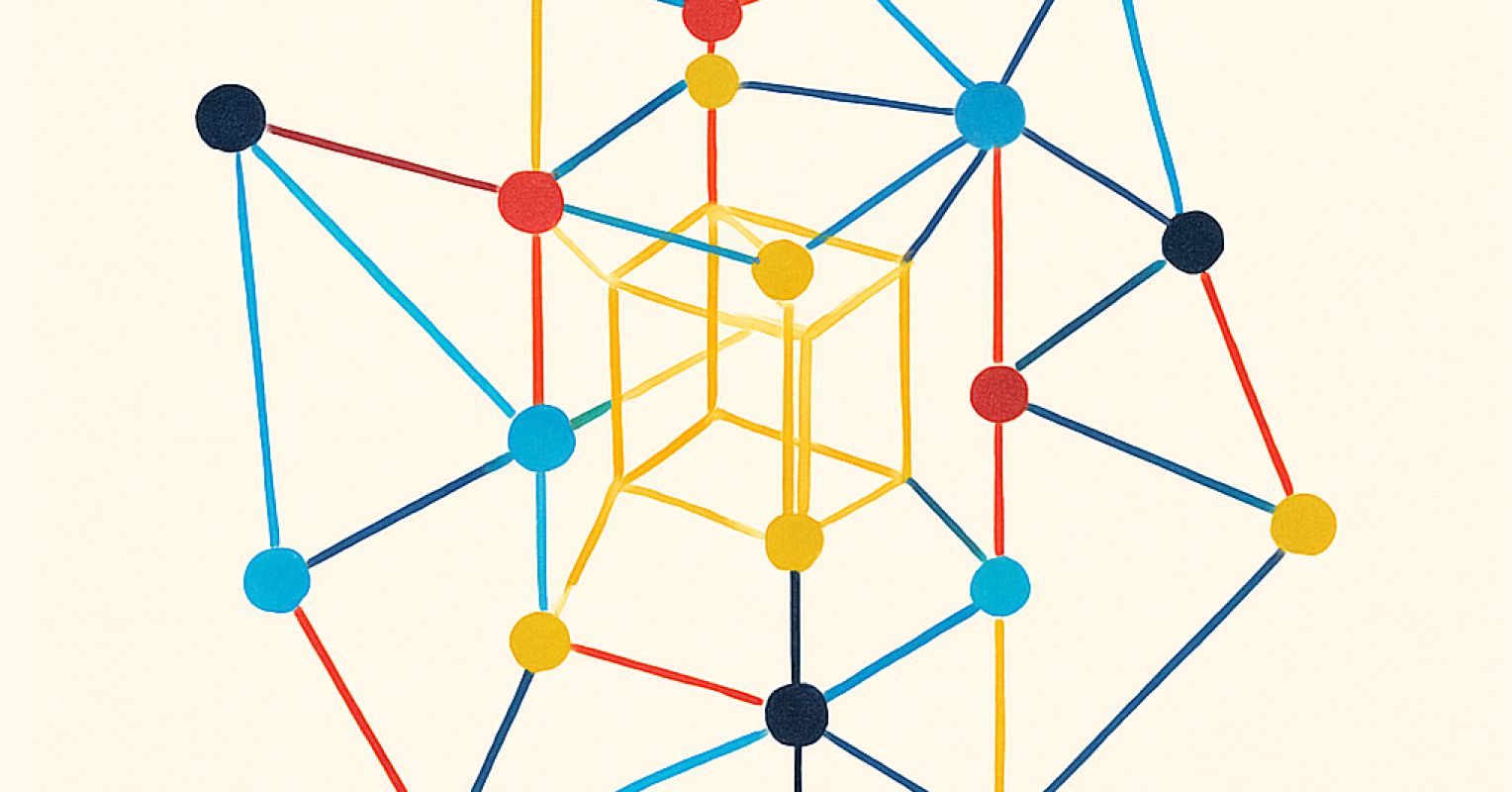
"LLMs don't reflect our language like mirrors; they reconstruct meanings from patterns, demonstrating language fluency without true understanding."
"Instead of being mirrors, LLMs operate like holograms, encoding patterns without truly knowing the subjects they describe."
The article argues that large language models (LLMs) should not be viewed as mirrors that simply reflect language and biases. Instead, they function like holograms, reconstructing meaning from patterns in their training data without genuine understanding. For example, LLMs can produce convincing responses about complex topics like quantum physics, yet they do not possess real comprehension or knowledge. The author emphasizes that coherence in language does not equate to cognition, compelling a reconsideration of how we understand the abilities of LLMs.
Read at Psychology Today
Unable to calculate read time
Collection
[
|
...
]